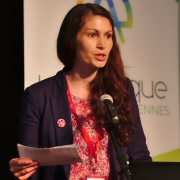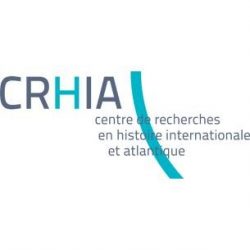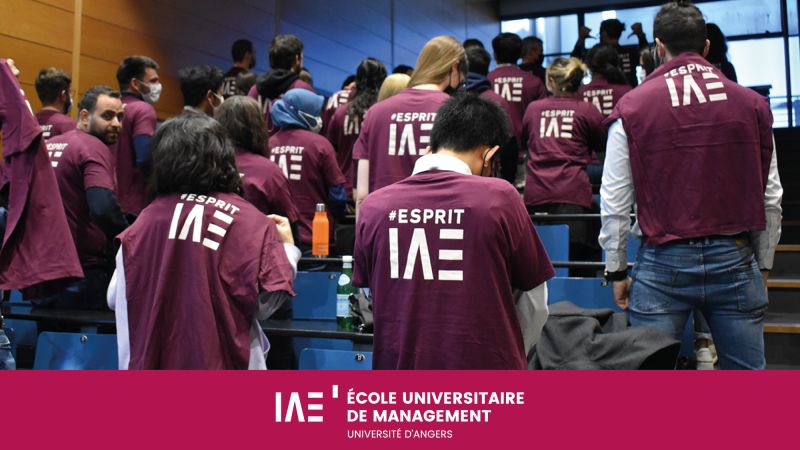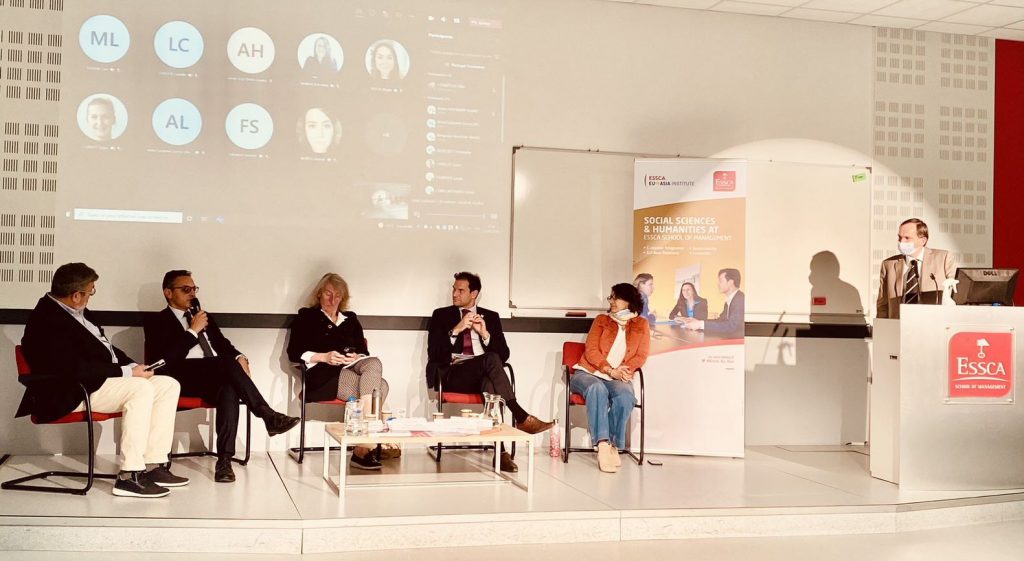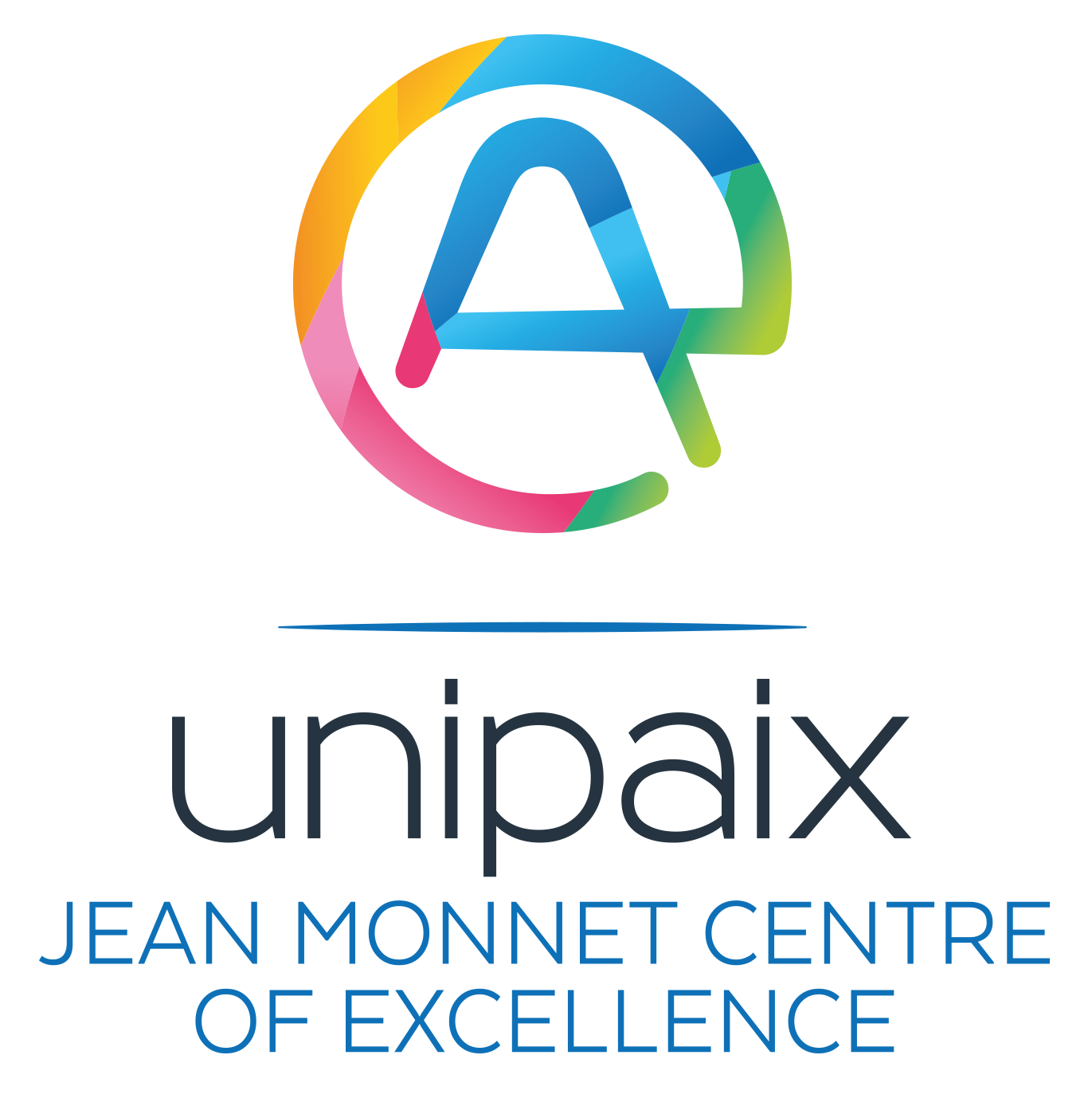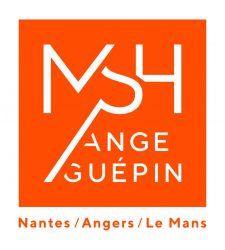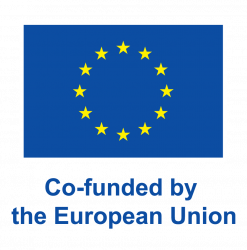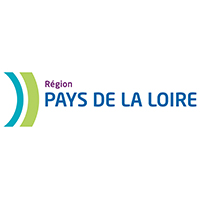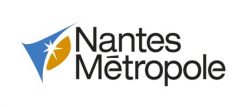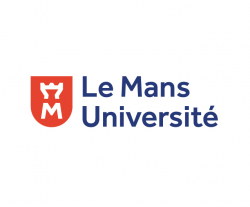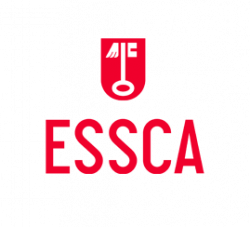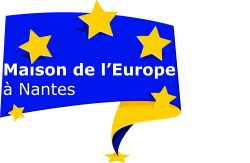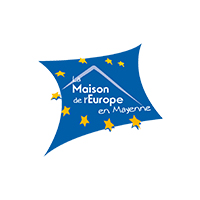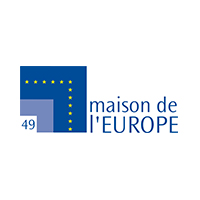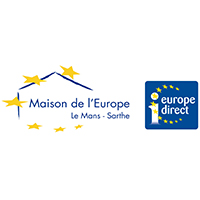
This research programme is coordinated by Virginie CHAILLOU-ATROUS, Doctor in Contemporary History, Lecturer, in charge of research support, and Françoise LE JEUNE, Professor of British Civilisations at the University of Nantes – CRHIA. It is supported by the Alliance Europa Institute for European and Global Studies in the framework of its “International Networks” call for proposals and applications for a period of two years (2020-2022), in order to develop an international network of researchers around the project.
As a European network, DIASCOM aims at developing partnerships on an international scale, so as to federate a wide range of researchers and academic actors on the question of diasporas in the colonial and post-colonial context, over a broad temporality, that is to say from the 19th century to the present day.
The network was born with the creation of a Hypothesis research notebook in order to arouse the interest of European and international academics: https://diascom.hypotheses.org/.
From the 17th to the 19th century, certain populations of African or Asian origin were repeatedly displaced by the imperial powers, first as part of the slave trade, later by the indenture system. Other massive displacements of socio-ethnic groups were caused by organised emigration, the deportation of European settlers or by situations of conflict or war. These population movements created large diasporas towards European colonies in Africa, America, Asia, but also towards the Pacific and Indian Ocean territories. During the 20th century, another diasporic movement began, that of the return to European metropolises or to the country of origin of these populations, even though they were not born there. Some groups chose to return to their country of origin for economic, cultural or identity reasons, or preferred a new migration to a neighbouring territory, while others were forced and compelled to leave the host country, particularly when it asserted its independence from the colonising power.
Follow this link to find out more about the DIASCOM programme.
Project Leaders
Virginie Chaillou-Atrous
Doctor of Contemporary History. Lecturer and in charge of research support at the CRHIA, University of Nantes.
Virginie Chaillou-Atrous is a post-doctoral researcher at the Center for Research in International and Atlantic History (CRHIA) of the University of Nantes. She coordinates the work of Research Axis 4 (Europe, the Europeans and the world) of the EHNE laboratory of excellence (Writing a new history of Europe). She is a specialist in forced circulation and migration in the Western Indian Ocean. She is particularly interested in the history of African and Indian indentured servants in Reunion Island in the 19th century. She is the author of numerous articles and books including De l’Inde à la Réunion. Histoire d’une transition, l’épreuve du lazaret 1860-1882 (La Réunion, Océan Éditions, 2002) and Esclaves sous contrat. Histoire des engagés africains à La Réunion au XIXe siècle (Vendémiaire, 2016).
Virginie Chaillou-Atrous is co-leader of two projects supported by Alliance Europa: LIPE and DIASCOM.
Virginie.Chaillou@univ-nantes.fr
Françoise Le Jeune
Françoise Le Jeune is Professor of British and North American History and Civilization (18th-19th) at the Centre de recherches en histoire internationale et atlantique at the University of Nantes.
Her research themes are:
British history (18th-19th centuries)
Canadian History
History of the British Empire
History of women in the British world (19th-20th centuries)
British monarchy (18th-19th centuries)
More information
The Research Centre for Atlantic and International History (EA 1163 – Universities of Nantes and La Rochelle)
The Research Centre for Atlantic and International History (EA 1163 – Universities of Nantes and La Rochelle)
The Research Centre for Atlantic and International History (EA 1163 - Universities of Nantes and La Rochelle) is one of the major historical research centres in Western France, approved by the Ministry of Higher Education and Research as part of the five-year contract 2017-2021.
This laboratory brings together researchers in ancient history, medieval history, modern history, contemporary history, literature and languages, totalling 151 members (48 full professors, 9 emeritus professors, 3 other researchers, 4 post-docs, 80 doctoral students and 7 administrative and technical staff) and 90 associate researchers around a common theme: “From the world to the Atlantic, from the Atlantic to the world: methods, spaces and actors of international exchanges from the Antiquity to the present day”.
https://www.crhia.fr/en
Nantes University
Nantes University offers courses from bachelor’s to master’s degrees and excellence research projects concerning Europe in a wide range of disciplines in the humanities and social sciences.
It is home to the Institute for European and Global Studies, which implements the Alliance Europa programme.
https://www.univ-nantes.fr


